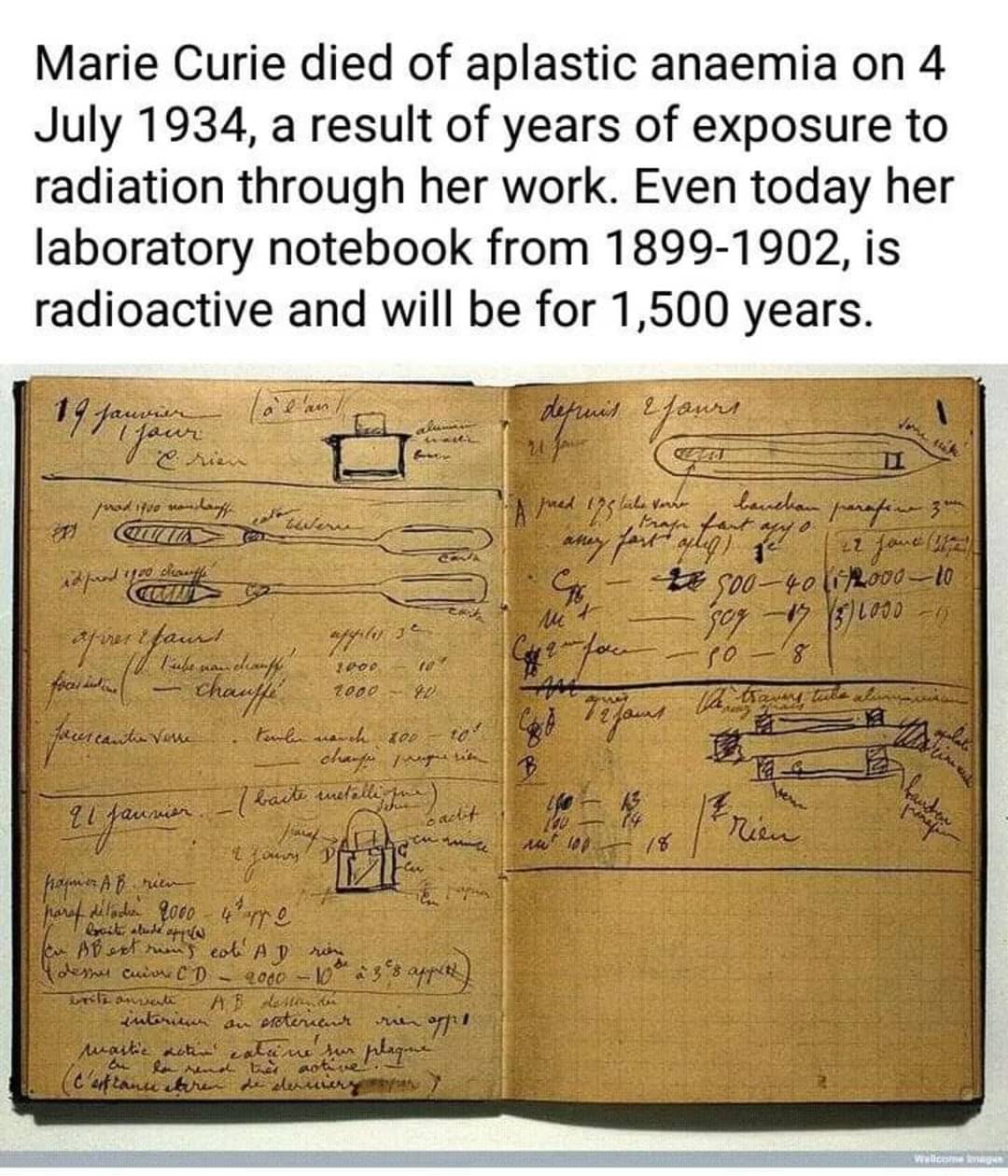this post was submitted on 15 Jul 2024
631 points (97.9% liked)
Science Memes
12417 readers
2987 users here now
Welcome to c/science_memes @ Mander.xyz!
A place for majestic STEMLORD peacocking, as well as memes about the realities of working in a lab.

Rules
- Don't throw mud. Behave like an intellectual and remember the human.
- Keep it rooted (on topic).
- No spam.
- Infographics welcome, get schooled.
This is a science community. We use the Dawkins definition of meme.
Research Committee
Other Mander Communities
Science and Research
Biology and Life Sciences
- [email protected]
- [email protected]
- [email protected]
- [email protected]
- [email protected]
- [email protected]
- [email protected]
- [email protected]
- [email protected]
- [email protected]
- [email protected]
- [email protected]
- [email protected]
- [email protected]
- [email protected]
- [email protected]
- [email protected]
- [email protected]
- [email protected]
- [email protected]
- [email protected]
- [email protected]
- [email protected]
- [email protected]
- !reptiles and [email protected]
Physical Sciences
- [email protected]
- [email protected]
- [email protected]
- [email protected]
- [email protected]
- [email protected]
- [email protected]
- [email protected]
- [email protected]
Humanities and Social Sciences
Practical and Applied Sciences
- !exercise-and [email protected]
- [email protected]
- !self [email protected]
- [email protected]
- [email protected]
- [email protected]
Memes
Miscellaneous
founded 2 years ago
MODERATORS
you are viewing a single comment's thread
view the rest of the comments
view the rest of the comments

Ionizing radiation can't produce secondary radioactivity in materials...
Well, maybe explain my confusion then, instead of being an ass.
So there’s four types of radiation: alpha, beta, gamma, and neutron. When you’re talking about radioactive materials, it’s almost exclusively the first three. In addition to the inherent danger of the object itself, there’s also the danger of radioactive contamination: not making other things radioactive, but shedding bits of themselves as dust and then that dust getting on other things, or getting ingested/inhaled by humans.
Active fission reactions, like what goes on in the core of a nuclear reactor (or perhaps messing around with some plutonium and a screwdriver), produce neutron radiation. Neutrons can make other things radioactive, via a process called “neutron activation”, whereby the neutrons bind to the material and change some of the atoms into radioactive isotopes.
I hope that helps, and feel free to ask me anything else about radiation. I have some education about it thanks to my job, and I’m always happy to help other people understand it more as well.
I know quite a bit about radioactivity thanks to my studies. I was sure all radiations could activate something, but it turns out I was wrong apparently because I can't find anything but neutron activation.
I'm pretty sure alpha, beta and gamma rays can stick to a particle, often bringing it in an unstable state that will force it to release something to get into a stable state. That's particle physics. And that's why we call them ionising radiations : because they turn atoms into ions. But my memories are definitely fuzzy, and it was not were I was the best.
Those radiations may only activate for a too short time to be useful maybe? I don't know.